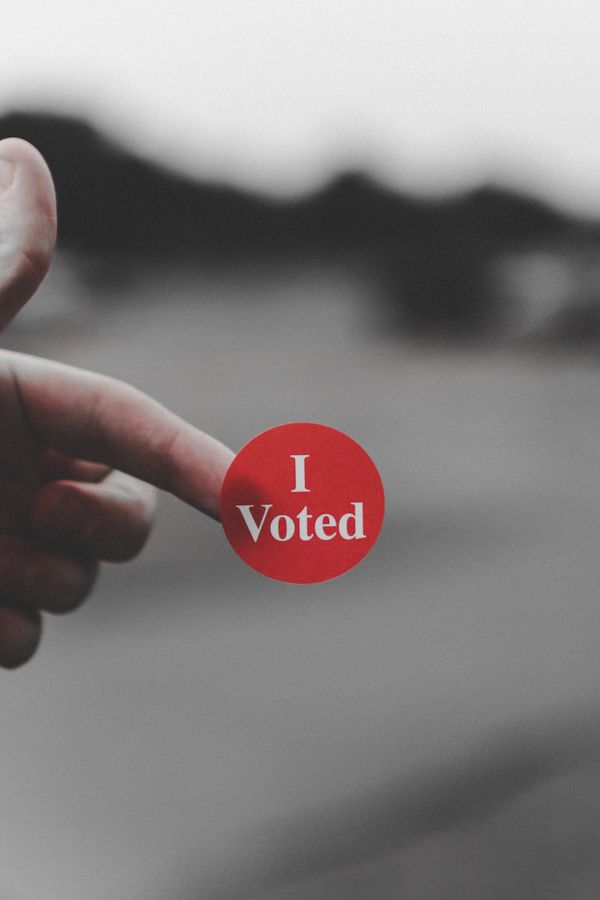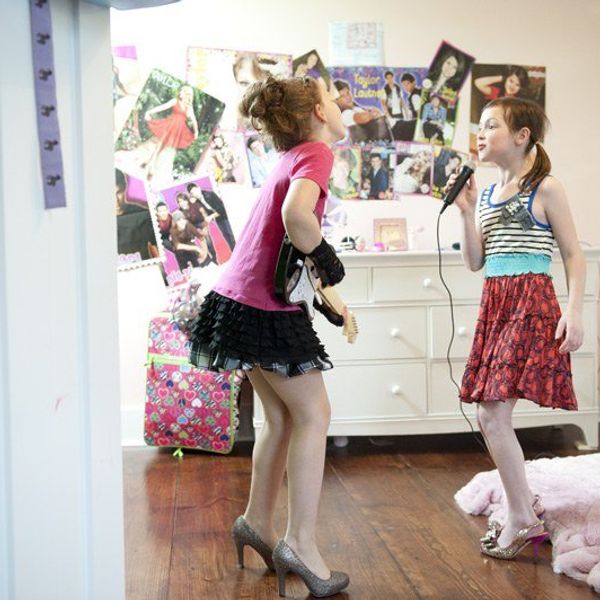This election cycle has gotten just about everyone talking. Young and old, all seem to have very strong opinions, whether they understand their opinions or not. Even my children, the youngest being 6, are aware of what is going on and have thoughts on the matter. I wasn’t even aware of elections or politics or that I should care until my preteen years! The up side of this however, is that we as parents can have a conversation with them, help them to understand and, let’s be real here, teach them early how we believe.
Which brings me to the heart of this article. The other day, my teen son who is 16 and very opinionated, asked me about our state’s ballot measures and how I was planning to vote. Relieved to talk about what, in my opinion, are far greater issues than the presidency (California is a foregone conclusion how it’s electoral votes will go), I was eager for the conversation.
Here in California, we have some very big and controversial propositions up for consideration this time around. Repeal of the death penalty, relaxation of criminal law for non-violent offenders, prescription drugs, state voter approval of large budget local projects, and the legalization of marijuana to name a few. They are hot issues, and things are looking like some big changes are in store.
The conversation I had with my son went something like this. He asked me, “So Dad…How are you going to vote on all the propositions?” Without missing a beat, I told him plainly that I intend to vote NO on everything. He seemed somewhat shocked, asking “Really?” and “Seriously?”. I reiterated that he heard correctly, NO on everything. It was his next question though that really got me thinking. It was a question that seems to reflect the idea that so many young people have today. An idea they seem to think is right and the only path to the future. The question was, “Aren’t you for change?”
I had to pause, releasing a nervous smile and laugh. What a powerful question, I thought, and so difficult to answer. I had far more going through my head than what I told him, and I certainly didn’t want to make him feel foolish for believing that way. I shared with him some basic tenets, big life stuff, such as not all change is for the better, change for the sake of change isn’t always the right course, and consider all the possibilities of that change were it to occur.
He’s a jokester, and an undecided political thinker who knows my beliefs, so we teased each other a bit about various issues. I did make sure to implore him, as the conversation ended, to truly consider the consequences of these changes. Are the consequences worth it, do they make your life or the lives of those around you better?
I believe that the message I shared with him is one that all people should hear. Seeking change where change is needed is a noble goal. History is full of those making a stand for a change that ultimately changed the course of the world, good and bad. We’ve all made personal changes that had the same outcome potential. The real trick though, is seeking and making changes that are most likely to end well when all outcomes are considered. Never choose change just because it’s change. Sometimes, things are just right the way they are. And get this one, sometimes more isn’t always better, and sometimes less isn’t either.
People and groups and politicians will try and convince you that a change is needed. Those seeking the change likely have the most to gain from it. Those who agree with it aren’t always informed or understand it, or worse have been outright misled. You must think and act intelligently, make informed choices, do your own research. Come to your opinion and course of action because it truly feels right to you, not because someone says it is. And, do not choose change unless you are prepared for what that change will bring, good or bad.
Change can be difficult; change can be painful. Yet sometimes change is necessary. When you feel that it is, act. If you cannot assert that, then you are better off leaving well enough alone.








 The minimum wage is not a living wage.
StableDiffusion
The minimum wage is not a living wage.
StableDiffusion
 influential nations
StableDiffusion
influential nations
StableDiffusion












